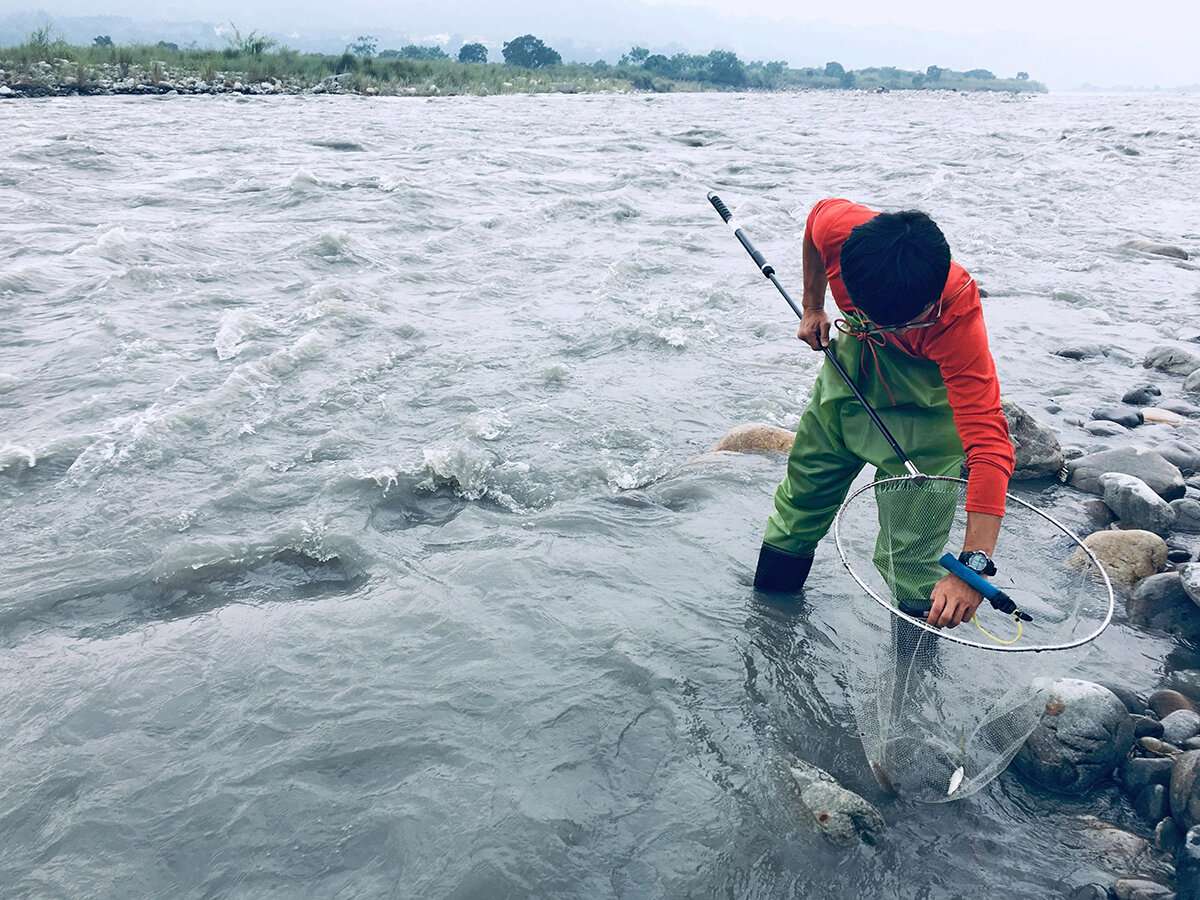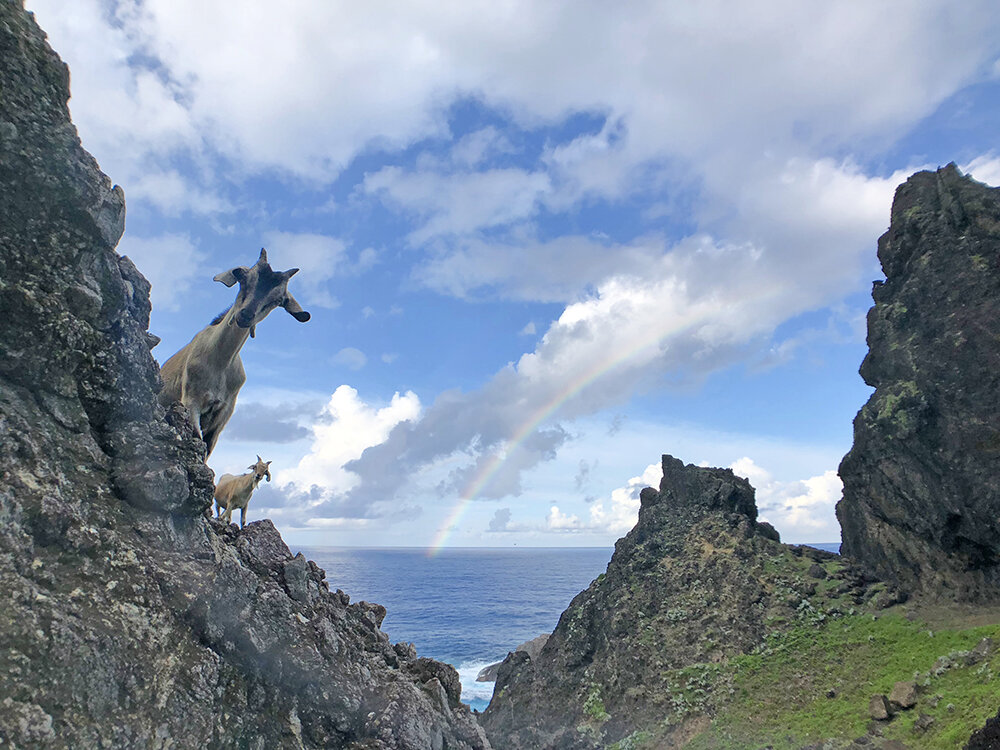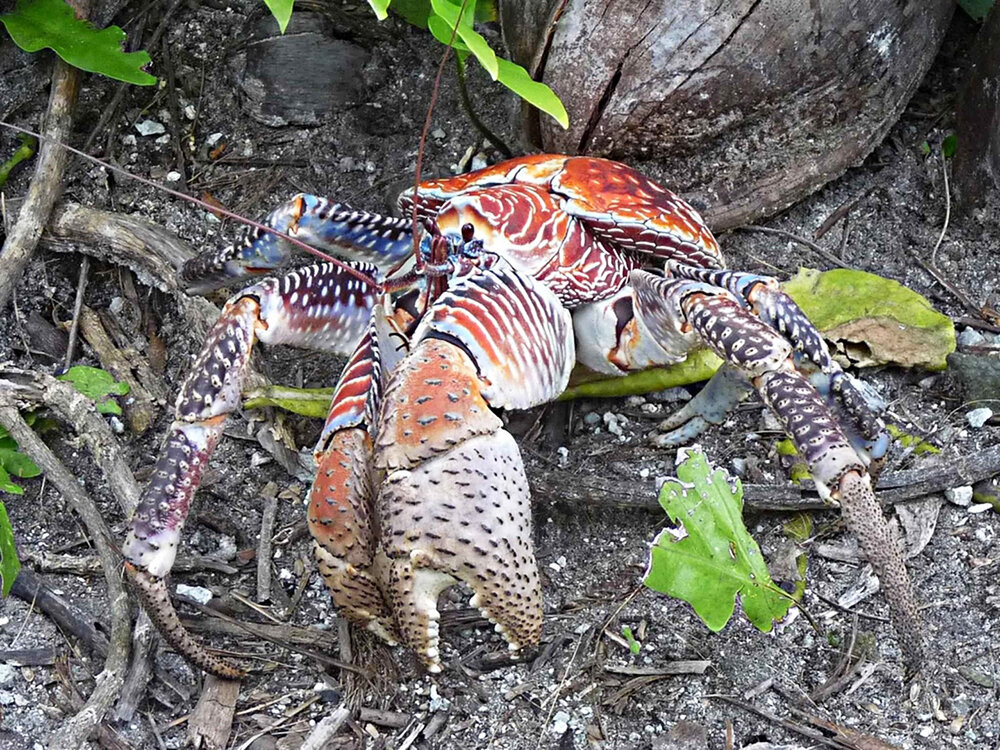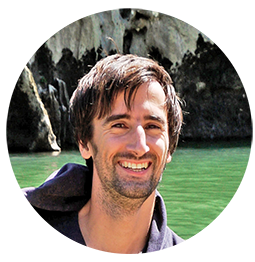Program Details
Location: Taipei, Taiwan
Dates: Spring 2023: April 8–May 22, 2023
Accommodations: Primarily camping, occasional youth hostel or rural lodge
Credits: 15 quarter credits or 10 semester credits
Language: English instruction
Courses: ESCI 437A, ESCI 437B, ESCI 437C
Prerequisites: One college level course of ecology or similar,
18 years of age
Program Costs
Taiwan Spring 2023
$ 150 Application Fee
$ 6,000 Program Fee
$ 3,200 In-Country Logistics Fee
$ 1,000 Estimated Airfare/Visa
$ 1,000 Estimated Food Money/Personal Spending
$11,350 Total Estimated Cost
Spring 2023: Program fees due by February 1, 2023
The Program
“Made in Taiwan” is not a statement that concurs up images of wildlife and rainforests. That is until you learn that the dense population of Taiwan only occupies one third of the island residing mostly in the western plains, and the rest of the island is covered by dense forests teeming with active wildlife and biodiversity! Our new program in Taiwan aims to reveal the fascinating flora and fauna of this little known country. Protected by a unique combination of climate and plate tectonics, Taiwan is a surprising and wonderful wildlife sanctuary.
Straddling the Tropic of Cancer, including 166 islands and more than a hundred peaks above 10,000 feet, Taiwan's natural landscape varies drastically within an area only slightly larger than the state of Maryland. Biodiversity is rich with hundreds of bird and butterfly species, and thousands of plants. There are also fascinating mammals, such as Dugongs, Martens, Leopard Cats, and Pangolins (similar to a scaly anteater, one of the most illegally trafficked animals in the world and threatened with extinction).
Endemism is strong on the island thanks to a land bridge with the Asian continent that disappeared 10,000 years ago, letting charismatic fauna—such as the Formosan Black Bear (Taiwan’s national animal) or the Formosan Landlocked Salmon—evolve independently.
Accompanied by various experts, including professors, indigenous people, government and non-governmental workers, we will monitor and document ecosystems ranging from alpine tundra to tropical rainforests. Our program will showcase Taiwan's diverse habitats with a healthy mix of field locations: we will hike key mountain summits in hopes of first hand encounters with Formosan Sambar Deer; undertake biodiversity transects while backpacking in the forest; survey river ecology inhabited by the Formosan Rock Macaque (an endemic monkey); study beach sediment along Taiwan’s eastern shore to learn how wave action affects the island’s coastline; and venture to three islands with distinct environments to monitor fringing coral reefs populated by the gentle Green Sea Turtle.
Taiwan is also the cradle of the Austronesian civilization, an indigenous culture that has populated an immense area from Madagascar to Easter Island. After recent waves of Chinese immigration, Austronesians now represent only 3% of the population of Taiwan and their culture is under high pressure from both economic growth and environment protection. During our journey, we will meet members of different tribes to understand how this friction between development and conservation is affecting ethnic minorities.
By the end of the program students will have a good understanding of the ecology of the various habitats of Taiwan, and gain knowledge and skills that will translate to environments worldwide. Join us to experience key methods for environmental surveys and learn how to apply this new knowledge in biology, physics, geology and climate science to global problems affecting our planet.
More Details
Syllabus
Manual
Nans Bujan
lead instructorPhD in Coastal Oceanography, Montpellier University, France, 2009
Nans is a physical oceanographer interested in the management and dynamics of coastal systems. His focus is on waves and currents near the beach, using a mix of field investigation and numerical modeling. He settled in Asia, and later Taiwan where he currently resides, after a canoeing journey along the Mekong River. He is presently working on internal waves, morphodynamics and the impact of extreme typhoon-generated waves on the shores of Taiwan. Nans will lead our Australia Program starting Summer 2022 and our Taiwan Program starting Spring 2023.




















